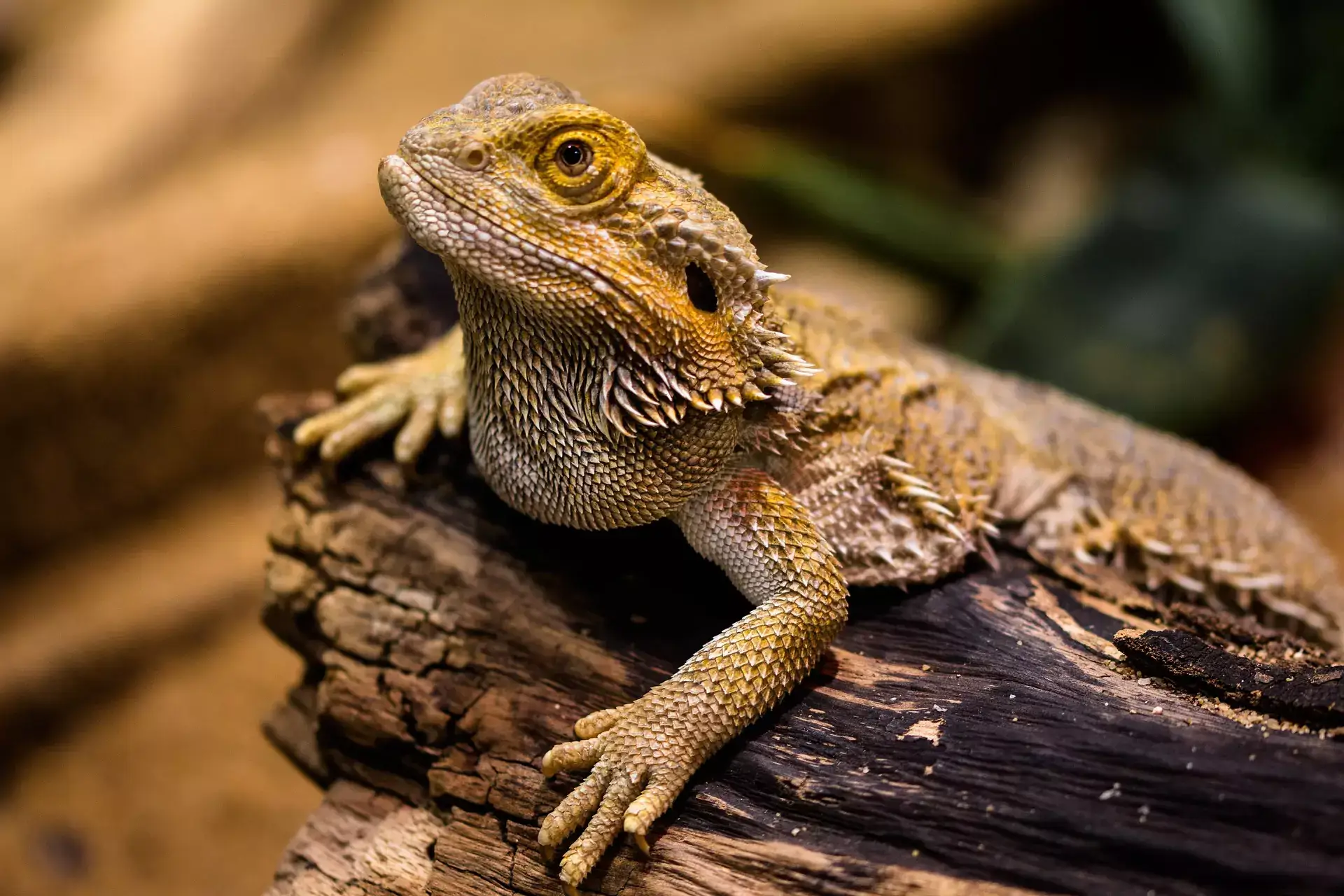Adopt a Ferret Month
May is Adopt a Ferret Month, which means it’s the perfect time to welcome a new furry friend into your home. While they may not suit everyone’s preferences, ferrets can be incredibly entertaining companions. If you’re in search of a pet that’s not only adorable, but also full of energy, mischief, intelligence, and unique personality, a ferret might be the ideal choice.
Additionally, they are known for being quite affectionate and enjoy cuddling! Below, a local New Albany, KY veterinarian delves into the fascinating world of ferrets.
Should You Adopt a Ferret Or Buy A Kit?
When it comes to choosing a new pet, we strongly encourage giving a rescue a loving home. Generally, it’s wise to consider the motto of ‘Adopt, Don’t Shop’. However, there are a couple of things to keep in mind.
Ferrets younger than approximately two months should remain with their mothers.
Ferrets are typically most active and playful during their first two years of life. Be prepared to invest a significant amount of effort and time into caring for a young ferret.
If you’re considering adding a ferret to your family, it’s worth looking into whether there’s an animal shelter or rescue group nearby that may have ferrets available for adoption.
Important Factors to Consider Before Bringing a Ferret Into Your Home
Ferrets occupy a unique place in the animal kingdom. They are undeniably adorable and entertaining. These cute critters are full of mischief, constantly keeping you on your toes.
They Are Excellent Escape Artists
Ferrets are also well-known for their ability to escape from almost any enclosure. They can squeeze through incredibly small openings, including shower drains! In addition, they have the ability to access tight areas underneath beds and couches.
They Require An Ample Amount Of Leisure Time
Be sure to provide your new furry friend with a spacious and cozy cage, but also provide plenty of time outside of their enclosure.
They Are Master “Collectors”
This fun fact can be both entertaining and exasperating. Ferrets are notorious for their knack for acquiring things that don’t belong to them. In other words, these adorable critters are highly adept thieves. They’ll snatch up anything they can get their tiny little hands on. Ensuring the safety of our furry friends is of utmost importance, which is why pet-proofing is crucial. One effective approach is to carefully observe your pet’s behavior to discover their secret hiding spots. (Hint: It might not be in their cage.) If something goes missing, that’s the first place you should check.
They Have A Tendancy To Nip
Occasionally, ferrets may exhibit biting behavior, whether it be during play or when they are caught off guard. It’s crucial to understand that this isn’t necessarily an indication of aggression. Ferret kits also engage in playful biting with one another. Fortunately, their thick fur shields them from their boisterous housemates. Unfortunately, our skin is no match for those teeth. It’s worth taking into account, especially if you have little ones.
Make Sure Your Home Is Ferret-Proofed
It is important to take all the necessary steps to ensure the safety of your home for your new pet. Just like with cats and dogs, anything that could pose a choking, strangling, or poisoning risk should be kept safely out of reach. Ferrets have a tendency to be a little over the top, often snatching items and stashing them away for future use. Here are a few specific hazards to watch for:
- Anything small or sharp
- Plants that can be toxic if ingested, including: aloe vera, amaryllis, azalea, baby’s breath, begonia, carnation, castor bean, chrysanthemum, cyclamen, daffodil, gladiola, hosta, ivy, all lily species, milkweed, morning glory, oleander, poinsettia, pothos, sago palm, tomato plants, tulips, narcissus, rhododendron, and yew.
- Soap and shampoo products
- Chemicals
- Common household products, such as cleaning agents, pesticides, and other similar items
- Medication
- Plastic bags and ties
- Toxic Foods
- Rubber items
- Shiny objects
- Little details
- Finances Purses
- Mobile devices
- Keys
- Money
- Wallets
These curious critters can be seriously harmed by rubber. For some inexplicable reason, they seem to like the taste or texture.
It’s also important to get down on the floor and see things from your pet’s perspective. Remember: ferrets have a knack for finding their way into or under things like futons, recliners, beds, and couches, so you’ll need to be extremely attentive.
Do Ferrets Need Baths?
Ferrets typically don’t require regular baths, unless your furry friend happens to get something spilled on them. Opinions are also split amongst ferrets when it comes to topic of bathing. Some enjoy playing in water. Others? Not so much.
If you do decide to bathe your ferret, be sure to use a gentle soap. Ideally, one that’s designed specifically for ferrets. Another option is to use baby shampoo. Your pet should be able to comfortably walk in the water while keeping their head above the surface.
Ferrets should only be bathed every few months. One thing to mention is that some people believe that giving ferrets a bath can help minimize their musky odor. That’s simply not true. in fact, to the contrary, bathing too frequently can actually dry out your ferret’s skin and lead to potential health issues.
Regardless of your choice to bathe your pet or not, it is important to remember that they will still require regular nail trims and ear cleanings. Consult your New Albany, KY veterinarian for further details.
Feeding Your Ferret: What’s On The Menu?
Ferrets require a specialized diet to meet their unique nutritional requirements. These creatures have a strict diet of meat, making them obligate carnivores or hypercarnivores. For optimal results, their diet should include ample amounts of protein and fat, while keeping fiber and carbohydrate intake to a minimum. It’s also important to note that certain foods that are beneficial for us, like corn, can actually be harmful to ferrets.
Look for ferret food that consists of approximately 40 percent protein, with a minimum of 20 percent fat. It is recommended to keep the intake of carbs and fibers below five percent.
Just like any other pet, it’s important to be aware of what could be harmful to your furry friend. Here are some foods to avoid: sweets, dairy products, raisins, fruits, vegetables, chocolate, grapes, avocado, and anything containing xylitol.
Finding food for a ferret can be a bit more challenging than simply picking it up at your local grocery or convenience store. In addition, ferrets can become fixated on a particular food, often to the extent of ignoring everything else. While it may appear charming, this situation can actually be quite concerning. When their preferred brand is no longer available, it can be quite a challenge to convince them to try a different option.
Your furry friend might just develop a taste for duck soup. Contrary to its name, this dish doesn’t necessarily have to include duck. Online, you’ll discover a plethora of recipes for ferret duck soup. Consult with your New Albany, KY vet for personalized guidance, including recommendations on appropriate portion sizes, suitable treats, and a list of foods that are safe, and which ones should be avoided.
Can Ferrets Use The Litterbox?
Absolutely! This is certainly one of the positives. Unfortunately, there is no guarantee it will work. The younger you try to train your ferret, the better the odds that they’ll take to the litter box.
Which Illnesses Are Commonly Found In Ferrets?
Ferrets are susceptible to various medical conditions. Here are some of the most common ones:
- Flu
- Distemper
- Parasitic disease
- Bacterial illnesses
- Catarrhal enteritis
- Aleutian disease
- Infectious peritonitis
- Mycoplasmosis
- Adrenal disease
- Coccidiosis
- Ear mites
- Heartworm disease
- Lymphoma
- Mouth sores
- Rabies
- Aplastic anemia
- Insulinoma in ferrets
Partner With Your New Albany, KY Vet
It’s important to be vigilant for any indications of illness. Additionally, it is essential that you bring your ferret to the veterinarian regularly for checkups. This will help ensure that adorable little critter stays happy and healthy for many years to come!
Have questions or concerns about your ferret’s health and wellbeing? Contact us, your trusted New Albany, KY animal hospital, for more information. We’re happy to help!



